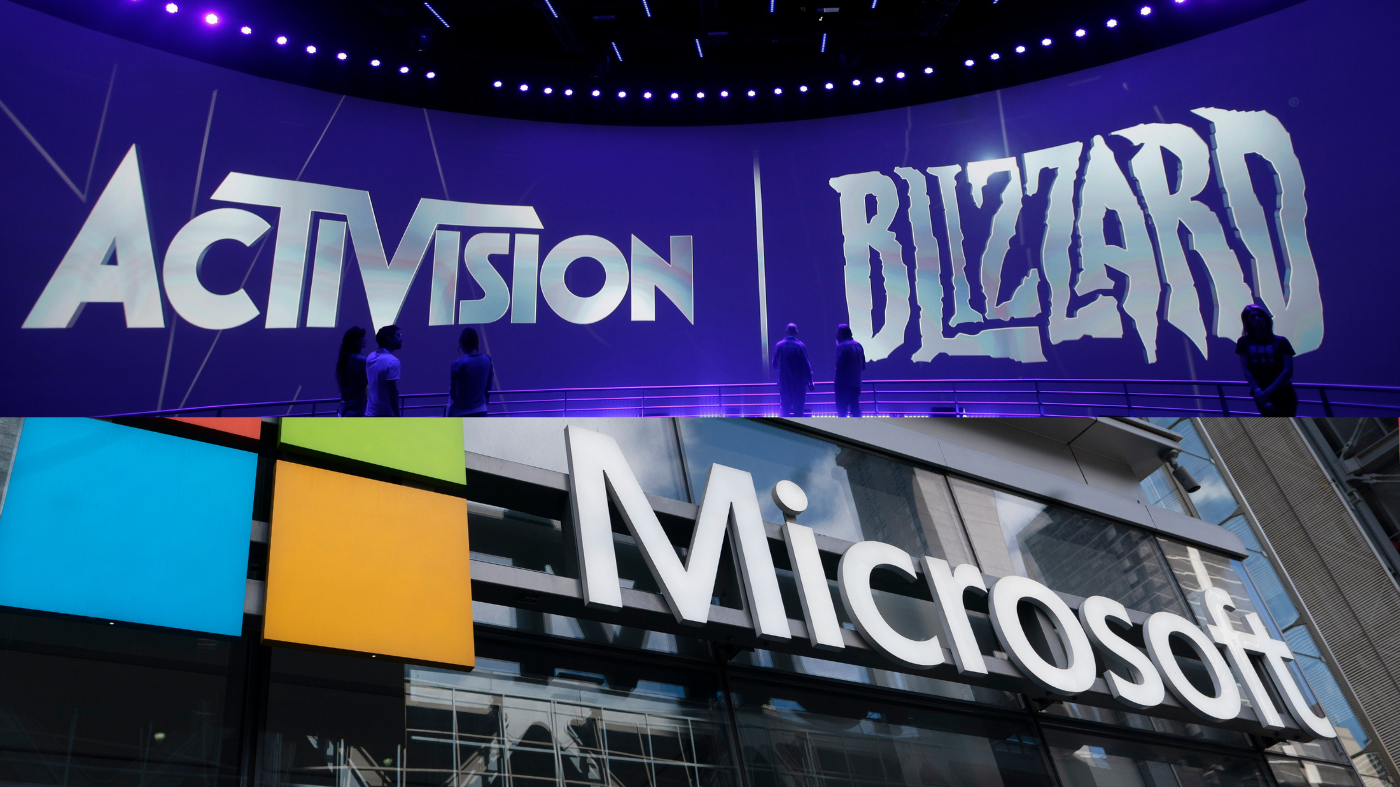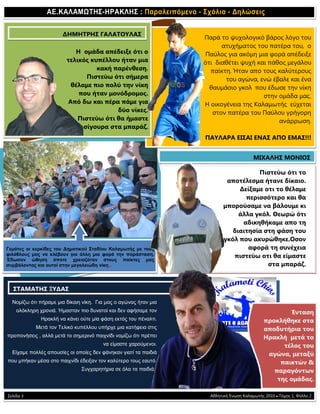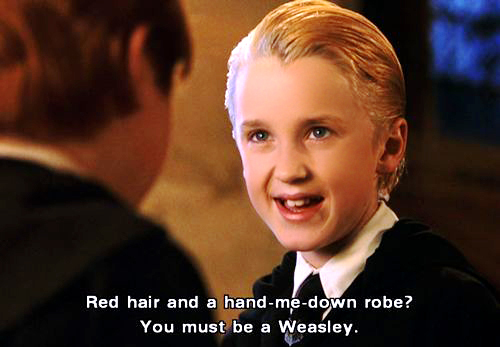FTC Appeals Ruling On Microsoft-Activision Merger

Table of Contents
The FTC's Initial Case Against the Merger
The FTC's initial case against the Microsoft-Activision Blizzard merger rested on several key arguments. They argued that the merger would substantially lessen competition in the video game market, creating a monopoly and harming consumers. This antitrust lawsuit centered on concerns about:
- Call of Duty Exclusivity: The FTC argued that Microsoft, once acquiring Activision Blizzard, could make popular titles like Call of Duty exclusive to its Xbox ecosystem, harming competitors like PlayStation and potentially stifling innovation. This concern around Call of Duty exclusivity was a central point of their case.
- Competitive Harm: The FTC highlighted the combined market power of Microsoft and Activision Blizzard, suggesting that this would create significant barriers to entry for smaller gaming companies and reduce the choices available to consumers. This potential for competitive harm was a major component of their argument.
- Impact on the Gaming Market: The FTC expressed concerns about the merger's overall impact on the gaming market's structure and dynamics, arguing it would lead to less innovation and higher prices for consumers. Their analysis considered the broader gaming market and its potential vulnerability.
The Judge's Ruling in Favor of Microsoft
In July 2023, a federal judge sided with Microsoft, rejecting the FTC's attempt to block the merger. The court ruling focused heavily on the evidence presented, concluding that the FTC had failed to sufficiently demonstrate that the merger would likely lead to substantial anti-competitive effects. Key aspects of the judicial decision included:
- Rejection of Exclusivity Claims: The judge appeared unconvinced by the FTC's argument regarding Call of Duty exclusivity, finding that Microsoft's commitments to keep Call of Duty on PlayStation for at least 10 years mitigated the potential harm.
- Evidence Evaluation: The judge's analysis highlighted inconsistencies and weaknesses in the FTC's evidence, contributing to the Microsoft victory.
- Antitrust Law Interpretation: The judge's interpretation of relevant antitrust law played a critical role in the final decision.
The FTC's Grounds for Appeal
The FTC's appeal process, initiated shortly after the court ruling, centers on their belief that the judge's decision erred in its assessment of the evidence. The FTC maintains that the merger still presents a significant risk to competition and violates antitrust law. Their legal challenge rests on:
- Evidence Review: The FTC argues that the judge's review of the evidence was incomplete or misinterpreted certain key facts that support the idea of an antitrust violation.
- Competitive Harm Concerns: Despite the judge's ruling, the FTC remains convinced that the combined market power of Microsoft and Activision Blizzard will lead to competitive harm in the long term.
- Potential for Market Domination: The FTC fears the merger will allow Microsoft to gain market domination, leading to higher prices, reduced innovation, and a diminished range of games available to consumers.
Potential Outcomes and Implications of the Appeal
The FTC Activision Merger Appeal could result in several outcomes:
- Affirmation of the Lower Court's Decision: The appeals court could uphold the initial ruling, allowing the merger to proceed.
- Reversal of the Lower Court's Decision: The appeals court could overturn the lower court's decision, potentially blocking the merger.
- Settlement: Microsoft and the FTC could reach a settlement agreement, potentially involving concessions from Microsoft to address the FTC's concerns.
The legal ramifications of each outcome are significant:
Impact on Game Pricing and Availability
A successful merger could impact game pricing and availability. Concerns remain about the potential for Call of Duty to become Xbox-exclusive or for other Activision Blizzard titles to experience reduced availability on competing platforms.
Impact on Game Development and Innovation
Reduced competition resulting from the merger could also negatively affect game development and innovation. A less competitive market might lead to less diversity in game genres, features, and overall creative expression. The future of gaming hangs in the balance.
Conclusion
The FTC Activision Merger Appeal represents a critical juncture for the gaming industry. The FTC's initial lawsuit, the subsequent court ruling in Microsoft's favor, and the ongoing appeal highlight the complexities of antitrust law in the rapidly evolving tech sector. The potential consequences – impacting game pricing, availability, and innovation – are far-reaching. The merger implications are substantial, extending beyond the immediate participants to affect the entire gaming ecosystem. Stay informed about this crucial "FTC Activision Merger Appeal" by following relevant news sources and legal updates. Share your opinions; this case significantly impacts the future of gaming.

Featured Posts
-
 Bath Hosts World Premiere Of New Alfred Hitchcock Musical
May 29, 2025
Bath Hosts World Premiere Of New Alfred Hitchcock Musical
May 29, 2025 -
 Tramp Eyxetai Ston Mpainten Grigori Anarrosi
May 29, 2025
Tramp Eyxetai Ston Mpainten Grigori Anarrosi
May 29, 2025 -
 Zes Wissels Liverpool Southampton Regels En Redenen
May 29, 2025
Zes Wissels Liverpool Southampton Regels En Redenen
May 29, 2025 -
 A Harry Potter Actors Im Slytherin Till I Die Stance And Potential Hbo Role
May 29, 2025
A Harry Potter Actors Im Slytherin Till I Die Stance And Potential Hbo Role
May 29, 2025 -
 Antisemitism Allegations Rock Queensland Music Awards Ceremony
May 29, 2025
Antisemitism Allegations Rock Queensland Music Awards Ceremony
May 29, 2025
